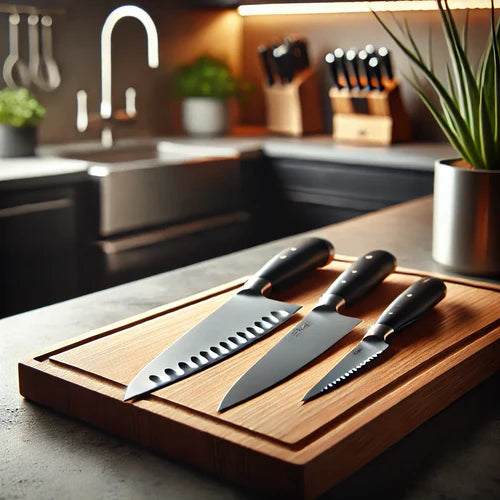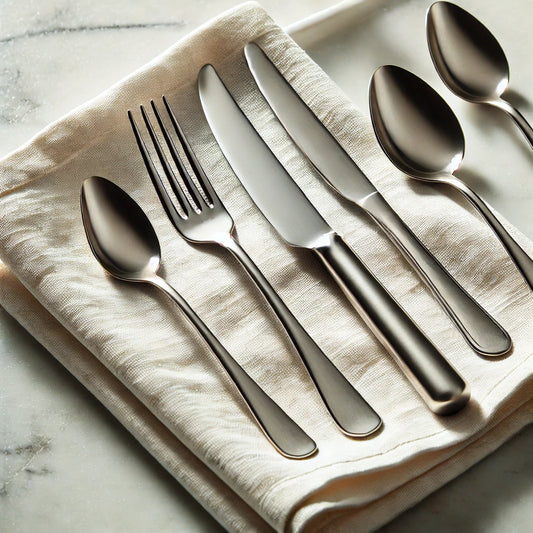Preserving freshness: Tips for keeping meat, fish and vegetables for longer
Ensuring the quality and flavour of food is fundamental to health and making the most of ingredients in the kitchen. Meat, fish and vegetables, being perishable items, require specific care to maintain freshness and avoid wastage.

Meat:
Refrigeration: Beef, pork and chicken should be stored in the coldest part of the refrigerator (around 0°C to 4°C) for up to 2 days. Ground meat and whole poultry should be consumed within 1 day.
Freezing: To keep meat for longer, freeze it in individual or family portions. Use airtight packaging and label it with the freezing date. Beef and pork can be frozen for up to 6 months, while chicken and fish will last up to 3 months.
Defrosting: Defrost meat in the fridge, in cold water or in the microwave. Never re-freeze meat that has already been defrosted.
Extra tips:
Remove excess blood from the meat before storing it.
Use paper towels to absorb moisture from fresh meat.
Avoid storing raw meat next to other foods, such as fruit and vegetables, to prevent cross-contamination.

Fish:
Refrigeration: Fresh fish should be kept in the coldest part of the fridge (around 0°C to 4°C) for up to 2 days. Whole fish will keep slightly longer than fillets.
Freezing: To keep fish for longer, freeze it in individual or family portions. Use airtight packaging and label with the freezing date. White fish will keep in the freezer for up to 6 months, while oily fish such as salmon and tuna will keep for around 3 months.
Defrosting: Defrost fish in the fridge, in cold water or in the microwave. Never re-freeze fish that has already been defrosted.
Extra tips:
Scale and gut fish before storing.
Use paper towels to absorb moisture from fresh fish.
Store fish in a container with a lid to prevent it from absorbing odours from other foods.
Vegetables:
Refrigeration: Most fresh vegetables will keep for 3 to 5 days in the vegetable crisper of the refrigerator (around 4°C to 8°C). Leafy vegetables such as lettuce and spinach will keep for less, about 2 days.
Freezing: Some vegetables can be frozen for a longer shelf life, such as broccoli, carrots, peas and corn. Wash, chop and blanch in boiling water for a few minutes before freezing. Frozen vegetables will keep for up to 12 months.
Extra tips:
Wash vegetables thoroughly before storing.
Drain excess moisture from vegetables with a paper towel.
Store vegetables in perforated plastic bags or containers with lids to allow air to circulate.
Avoid storing vegetables that ripen after harvest, such as bananas and tomatoes, in the fridge.
Remember:
Temperature: The right temperature is essential for preserving food. Keep the fridge between 0°C and 4°C and the freezer at -18°C or below.
Cleanliness: Keep the inside of the fridge and freezer clean and disinfected to prevent the growth of bacteria.
Organisation: Store food in an organised way to make it easier to see and avoid waste.
Conscious consumption: Plan your shopping and meals to avoid accumulating food that could spoil.
I hope these tips are helpful. See you soon
Idalina



